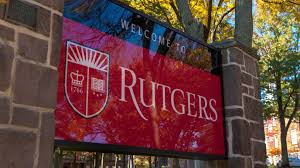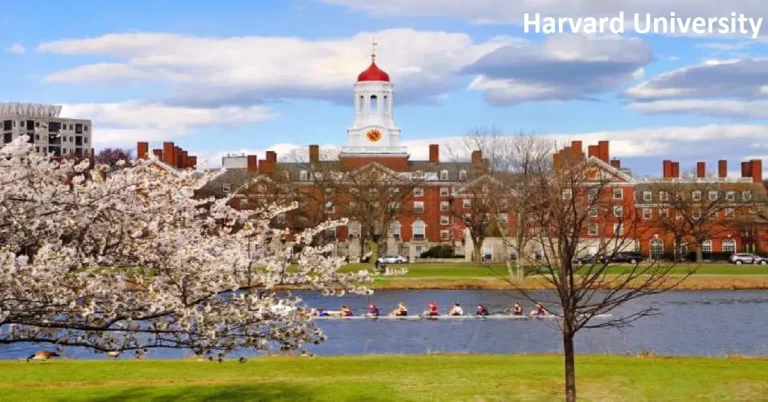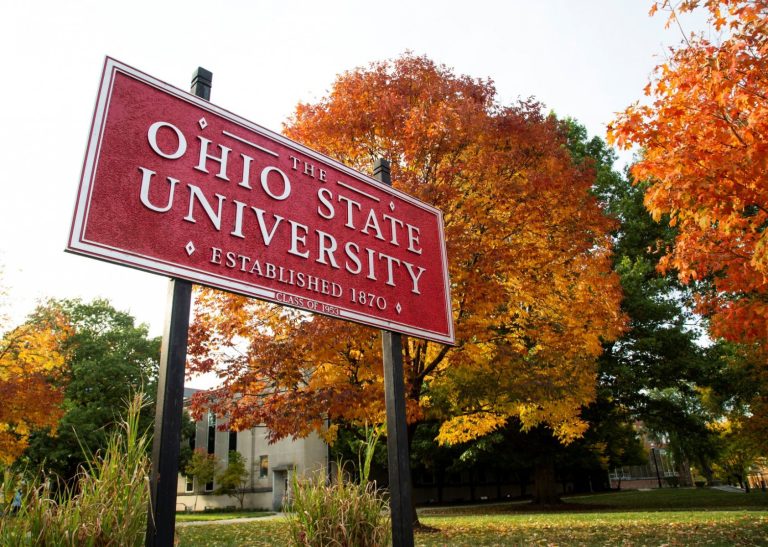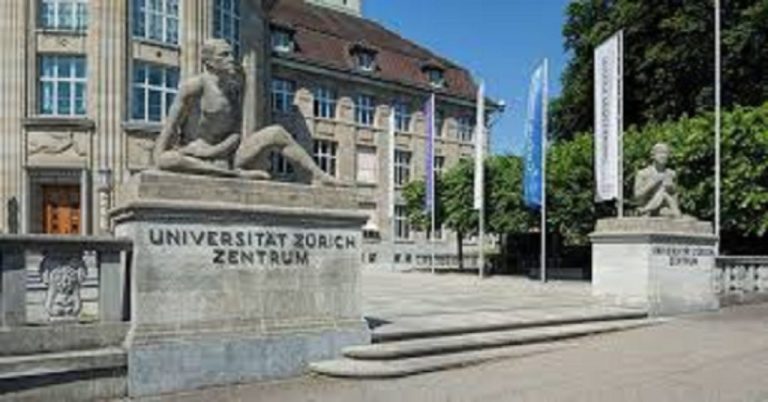Cities are expanding everywhere, offering challenges (traffic, pollution) but also opportunities (habitat, food, shelter) to wild plants and animals. Recent research has revealed astonishing biological dynamics, leading to rapid change of some species in the urban ecosystem. But while academic and societal interest in urban green spaces – which are considered to provide vital ecological, social, and health benefits – has soared during the past decades, so far the adaptive potential of nature is rarely considered in the design of future-proof, green cities.
In order to ensure the success of urban greening, both human and natural stakeholders need to be considered. In our project, we propose that plant adaptation to urban heat islands is a fruitful framework for bringing together scientists, urban planners, local stakeholders and policy makers to (a) study the process of rapid adaptation of plants in a globally heating world, and (b) apply that knowledge to develop future-proof, green cities in a socially inclusive manner. This project therefore aims to develop new frameworks for the stimulation of local environmental stewardship, where the emphasis lies on improving urban ecosystems rather than introducing green areas in disconnection from the habitat preferences of natural urban dwellers.
This project is a collaboration between researchers at the Faculties of Spatial Sciences, Science and Engineering, and University College Groningen. As the nature of this research is highly interdisciplinary, the specific focus and methodology of this research will be further developed together with the selected PhD candidate. Possible research directions to target this topic include (but are not limited to)
- Investigating the temperature tolerance of common city flowers, how this determines seed set, insect heat rewards, and seed heteromorphy.
- Combining sampling along urban transects and reciprocal transplant experiments.
- Exploring social mechanisms for development of environmental stewardship and social acceptance of urban wildlife by interviewing different stakeholders (municipality, nature management organisations, citizens of different neighbourhoods, etc)
- Running a citizen science project to study local plant adaptation and explore its potential to encourage acceptance of nature based solutions at the neighbourhood level.
Due to the multidisciplinary and interdisciplinary nature of this project, we encourage candidates from all disciplines related to spatial planning and biology, or who have a strong interest in both, to apply.
Organization
The University of Groningen has an international reputation as a dynamic and innovative centre of higher education offering high-quality teaching and research. Balanced study and career paths in a wide variety of disciplines encourage the 35,000 students and researchers to develop their own individual talents. Belonging to the best research universities in Europe and joining forces with prestigious partner universities and networks, we are truly an international place of knowledge.
At the University of Groningen, Faculty of Spatial Sciences (FSS) has a strong position in geography, demography and spatial planning. FSS is also well-embedded in a wider range of disciplines, such as social, political and technology sciences. Our vision is of a society that is spatially transformed in ways that allow for high levels of wellbeing and innovation. Our mission as a faculty is to undertake and disseminate, via research and teaching, world-leading and highly distinctive research which helps to realize this vision. FSS employs about 100 academic staff members, who on average commit about 40% of their time to research. In addition, FSS has over 100 PhD candidates, and about 1100 students. We are a cohesive Faculty committed to internationally-oriented, interdisciplinary research of high societal relevance with our new research programme TRACE (Transformations, Communities, Environments).
Qualifications
The ideal candidate is ambitious, highly motivated and eager to learn new things. They have a thorough training in research skills (either quantitative, qualitative or both), and will easily pick up new skills.
- Has a MSc in the wider field of spatial planning, (evolutionary) biology, ecology, geography, environmental sciences, or other related disciplines.
- Has experience or affinity with the topic of urban greening and/or plant adaptation.
- Having affinity with, or interest in, working in an interdisciplinary setting is important.
- Is fluent in English (reading, writing, speaking) on a C1 level or higher.
- Dutch proficiency is not required, but favoured for this position.
Equal opportunities
We are acutely aware that we are a diverse society and not every talented student will have had the same opportunities to advance their careers. We therefore pledge to fully account for any particular circumstances that the applicants disclose (e.g. parental leave, caring duties, part-time jobs to support studies, disabilities etc.) to ensure an inclusive and fair recruitment process that does not rely purely on common research metrics.
Organisation
Conditions of employment
The successful candidate will be offered, following the Collective Labour Agreement for Dutch Universities
- A full-time (1.0 FTE) position for four years.
- A salary of € 2,872 gross per month in the first year, up to a maximum of € 3,670 gross per month in the fourth and final year for a full-time working week.
- A holiday allowance of 8% gross annual income.
- An 8.3% year-end bonus.
- A position for four years; first, you will get a temporary position of one year with the option of renewal for another three years; extension of the contract is contingent on sufficient progress in the first year so that successful completion of the PhD thesis within the contract period is to be expected.
- You will be expected to contribute to teaching.
A PhD training programme is part of the agreement and training will be tailored to the candidate. The candidate will be enrolled in the Graduate School of the Faculty of Spatial Sciences and will be supervised by an interdisciplinary team with co-supervisors from Faculty of Science and Engineering and University College Groningen.
Application
The application package consists of the following documents
1. Your CV, including the names of at least one referee and their contact details.
2. A motivation letter (1A4 max).
3. A scan of your diploma including transcripts.
You may apply for this position until 10 November 11:59pm / before 11 November 2024 Dutch local time (CET) by means of the application form (click on “Apply” below on the advertisement on the university website).
Interviews will take place on the 20th of November 2024.
The University of Groningen strives to be a university in which students and staff are respected and feel at home, regardless of differences in background, experiences, perspectives, and identities. We believe that working on our core values of inclusion and equality are a joint responsibility and we are constructively working on creating a socially safe environment. Diversity among students and staff members enriches academic debate and contributes to the quality of our teaching and research. We therefore invite applicants from underrepresented groups in particular to apply. For more information, see also our diversity policy webpage: https://www.rug.nl/(…)rsity-and-inclusion/
Our selection procedure follows the guidelines of the Recruitment code (NVP): https://www.nvp-hrnetwerk.nl/nl/sollicitatiecode and European Commission’s European Code of Conduct for recruitment of researchers: https://euraxess.ec.europa.eu/jobs/charter/code
We provide career services for partners of new faculty members moving to Groningen.
Unsolicited marketing is not appreciated.
Information
For information you can contact:
- Dr. Daniella Vos, d.vos@rug.nl
Please do not use the e-mail address(es) above for applications.



